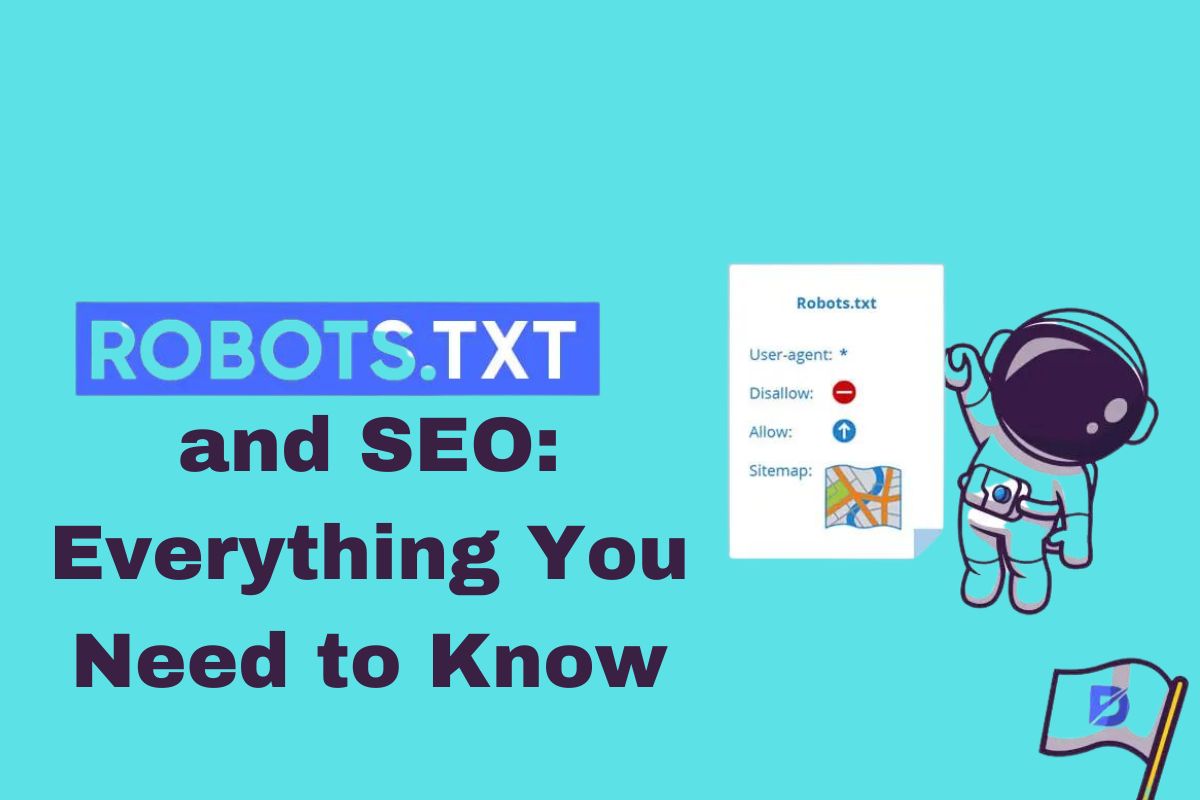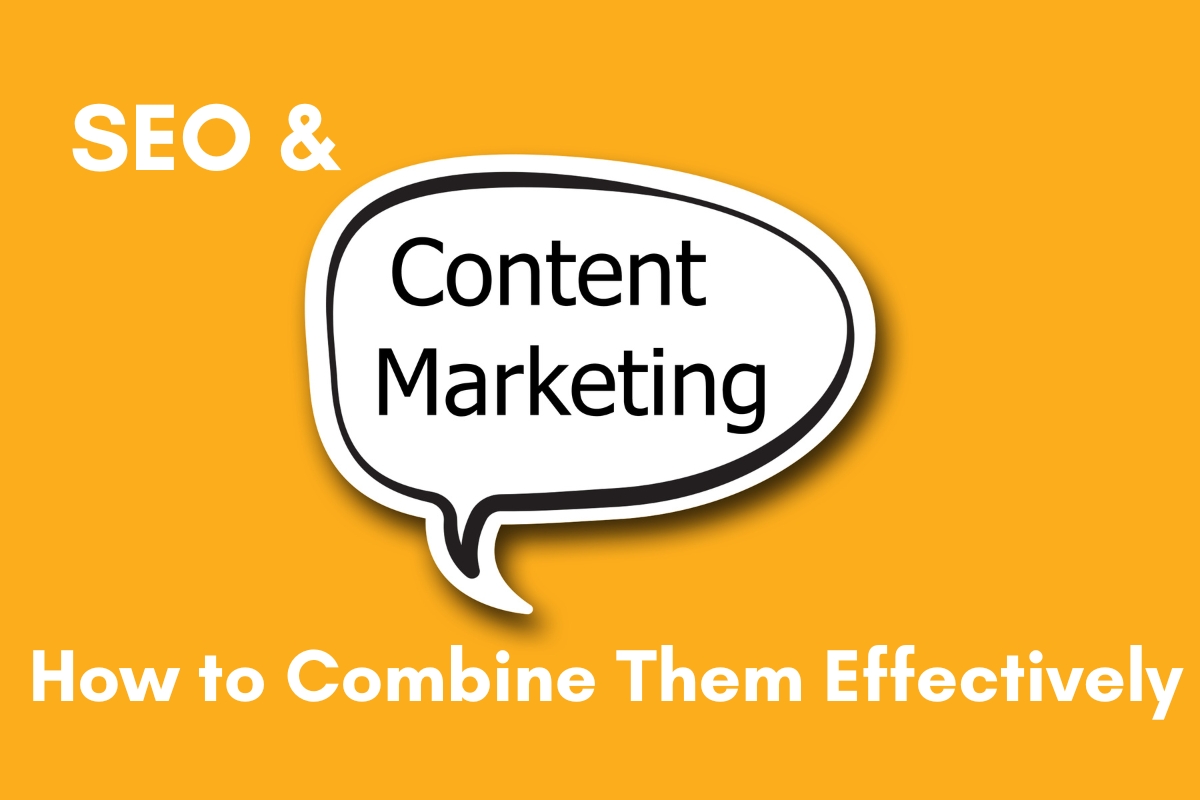Google Ads and Facebook Ads have become game-changing tools for businesses to engage with those who are their ideal customers in the world of digital marketing. These platforms provide specialized advertising options that address various marketing goals. However, it’s essential to fully understand how they operate and what they have to provide before using either.
Understanding Google Ads
How Google Online Advertising Program Work
The pay-per-click (PPC) approach used by Google Online Advertising Program allows advertisers to place bids on keywords related to their products or services. The advertiser’s ads, which are clearly marked as ads, show up at the top of the search results when people search these keywords in Google. This makes sure that users who are actively looking for what you have to offer will see your advertisement.
Benefits of Google Advertisement
Because so many people use Google, Google Adwords has a huge reach. It provides keyword targeting so you can get in touch with those who are genuinely looking for solutions. The network also provides a variety of ad types, such as YouTube video ads, display ads, and text-based search ads.
Considerations for Using Google Advertisement
Although Google Ads can be quite efficient, they can also be expensive and competitive, particularly for well-known keywords. To get the best results, advertisers must carefully control their bids and continuously improve their campaigns.
Exploring Facebook Ads
How Facebook Ads Work
Facebook Ads leverage user data to effectively target advertisements on a social media platform. Advertisers can determine their intended audience by looking at their demographics, interests, behaviors, and social connections. This makes it possible to reach potential customers with exact targeting.
Advantages of Facebook Ads
Facebook Ads offer the ability to create visually appealing ads and engagement opportunities through likes, comments, and shares. The advertising platform provides a number of ad forms, including image ads, video ads, carousel ads, and more.
Factors to Consider with Facebook Ads
Although Facebook Ads are excellent at audience targeting, they might not be able to attract users that are actively searching the way Google Adwords does. Users may see a lot of content in their feeds, which might cause ad fatigue.
The Target Audience
Google Advertisement Audience: Google Online Advertising Program is the best at identifying immediate intent because they target customers who are actively looking for particular keywords. When using Google to search for answers, users are likely to have a high buying intent.
Facebook Advertisement Audience: Based on their interests, activities, and demographics, Facebook Ads target people. Although it allows for more specific targeting, it might miss users who are ready to make a purchase.
Analyzing Audience Suitability: Learn about the preferences and behavior of your target audience. Google Advertising might be a better option if your audience actively searches for products similar to yours. Facebook Ads may be the best option if your goal is to increase brand exposure and engage with a larger audience.
Ad Formats and Creatives
Google Ads Formats: The several forms that Google Ads offers include text ads, display ads, shopping ads, and video ads. These formats can be improved based on performance data and match various user preferences.
Facebook Ads Formats: Formats for Facebook advertising include images, videos, carousels, and slideshow ads. These layouts can attract users’ attention and promote interaction since they are visually appealing.
Matching Ad Formats to Your Brand
Select methods that are in line with the message of your business and appeal to your target market. Facebook’s image or video advertising might be more effective if your products need to be visually demonstrated. Google’s text or search advertisements may be better for information-based services.
Budget and Cost
Google Ads Budgeting: You can set a daily or monthly budget using Google Ad Service, and you only pay when people click your PPC advertisements. The cost per click (CPC) fluctuates according to the quality score and keyword competition.
Facebook Ads Budgeting: You can specify a budget and a bidding strategy for Facebook Ads. Cost per click (CPC) and cost per mille (CPM) are the two options available. The flexibility of the budget works for a range of business sizes.
Calculating Return on Investment (ROI)
Calculate the ROI from each platform based on your conversion monitoring to decide which is the best choice for you. Take into consideration both current sales as well as the future worth of new clients.
Ad Performance Tracking
Google Advertisement Tracking Tools: With insights on clicks, impressions, click-through rates, and more, It offers a thorough dashboard. You may track certain website activity using conversion tracking.
Facebook Ads Tracking Tools: Facebook Ads include comprehensive performance information, such as conversion tracking and engagement metrics (likes, comments, and shares). Facebook Pixel enables user behavior to be tracked outside of the ad platform.
Measuring Success and Optimizing
Keep an eye on your advertising campaigns and use performance information to improve your ads. To improve your strategy and enhance results, test various ad creatives, audiences, and locations.
Geographic Targeting
Google Ads Geo-Targeting: Your advertising will be seen by users in particular places thanks to Google advertising’ precise geographic targeting features. Businesses with local or international audiences can benefit from this.
Facebook Ads Geo-Targeting: Geographic and location-based targeting is available in Facebook Ads, which is beneficial for local businesses in particular. Users can be targeted according to their present city, region, or country.
Tailoring Ads for Local or Global Reach
Think about the goals and scope of the business you own. Facebook’s location-based targeting might be more effective for local businesses. The global targeting available in Google Ads can be useful for e-commerce or to reach a broader demographic.
Ad Scheduling
Google Ads Scheduling: By using Google advertising, you can schedule when and where your advertising will appear. Reaching users during times of high engagement is beneficial.
Facebook Ads Scheduling: Facebook Ads offers ad scheduling, ensuring that your ads are seen at the times when your intended audience is using the platform most frequently.
Timing Your Campaigns for Maximum Impact
To decide on the best schedule, examine the online activity of your audience. To make sure your ads are viewed when they’re most likely to convert, take notice of time zones and user preferences.
Remarketing Strategies
Google Ads Remarketing: Remarketing options are available in Google Advertising, enabling you to focus on users who have already visited your website. This assists in re-engaging potential clients who may not have converted at first.
Facebook Ads Remarketing: Remarketing capabilities are another feature of Facebook Ads that let you display ads to users who have already interacted with your content or been to your website.
Re-engaging and Converting Previous Visitors: The value of remarketing applies to both platforms. Using smart remarketing to remind users who didn’t convert on their first visit can improve conversion rates.
Audience Engagement and Interactivity
Engaging with Google Advertisement: It focuses on offering easy access to relevant data. Concise ad copy that highlights your key selling features will engage users.
Engaging with Facebook Advertisement: Through likes, comments, and shares, Facebook ads enable interactive engagement. Encourage users to respond to and respond to your adverts.
Fostering Audience Interaction
Think about the preferences of your audience. The direct strategy of Google Ads may be effective for educational content. Facebook Ads are suitable for aesthetically appealing content and interacting with engagement.
Ad Testing and Optimization
Google Ads Testing: A/B testing of ad wording, headlines, and graphics is possible with Google Advertising. Use this function to modify the ads in light of current performance information.
Facebook Ads Testing: A/B testing is another feature of Facebook Ads that lets you test various ad elements to see which ones connect with your audience the most.
Refining Your Ads for Better Performance
It’s essential to test and optimize continuously. Make educated decisions about which ad variations perform better and modify your campaigns as necessary using data-driven insights.
Which Platform Aligns with Your Goals?
Choosing Google Advertisement: If your goal is to attract customers who are actively looking for the products or services you provide, go with Google Advertisement. It works well for generating quick conversions and leveraging high intent.
Choosing Facebook Ads: If you want to raise brand exposure, interact with a particular audience, and encourage conversation, choose Facebook Ads. It is perfect for precision targeting and visually appealing content.
Aligning Objectives with Platform Strengths
Examine your advertising and business goals. Consider whether your plan would be better served by immediate conversions or sustained engagement.
Conclusion
There is no one solution that works for everyone when comparing Google Advertisement and Facebook Advertisement. Both platforms have unique benefits that can support various company objectives. While Facebook Ads are great at engaging audiences and building brand loyalty, Ads on Google are excellent at collecting active intent. To make the best decision, match the platform’s capabilities with your advertising objectives and continuously optimize your campaigns for the greatest performance.
FAQs
- Can I use both Google Advertisement and Facebook Advertisement simultaneously?
Absolutely! To increase their audience and meet various marketing goals, several companies combine the two platforms.
- Which platform is more cost-effective?
The cost-effectiveness of a campaign is influenced by things including your target market, industry, and advertising technique. Analyzing the costs and returns on investment for each platform in your particular case in point is crucial.
- Are there any industries where one platform is better than the other?
Although both platforms are flexible, but Ads with Google may be more suited for industries with strong search intent, such as e-commerce. For companies that demand visual engagement, like fashion or travel, Facebook Ads can be effective.
- How can I track the performance of my ads on both platforms?
Both Google Advertisement and Facebook Advertisement offer thorough tracking and performance metrics. Use this information to evaluate the performance of your advertisements and make informed choices.
- What’s the role of creativity in ad campaigns on these platforms?
Both platforms really benefit from creativity. Engaging visuals, compelling content, and creative concepts can grab visitors’ attention and improve Google Advertisement or Facebook Advertisement outcomes.






